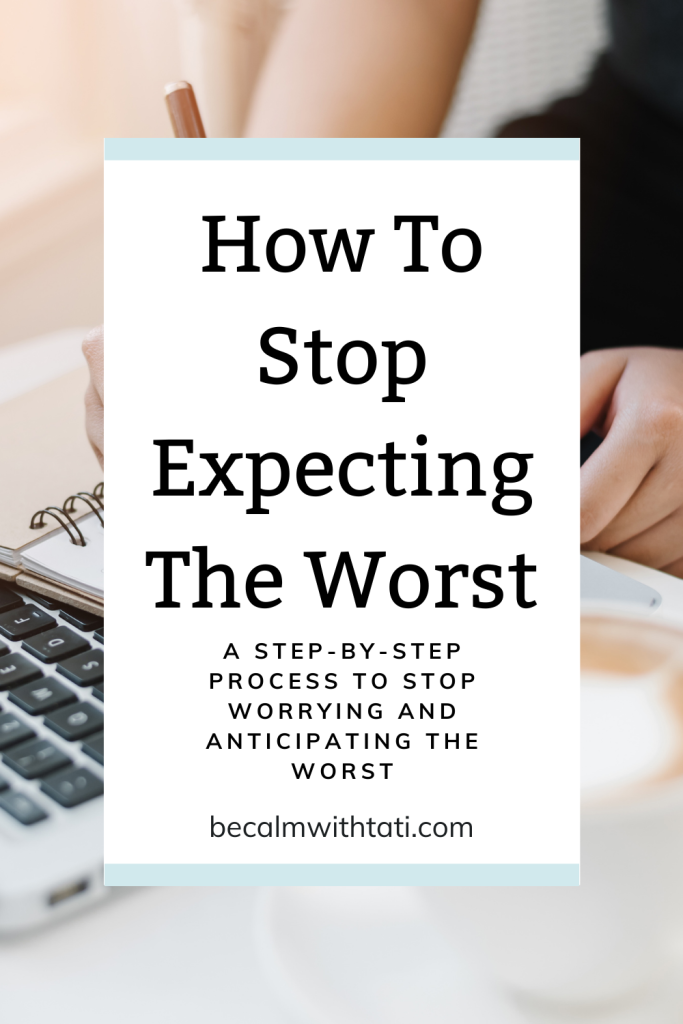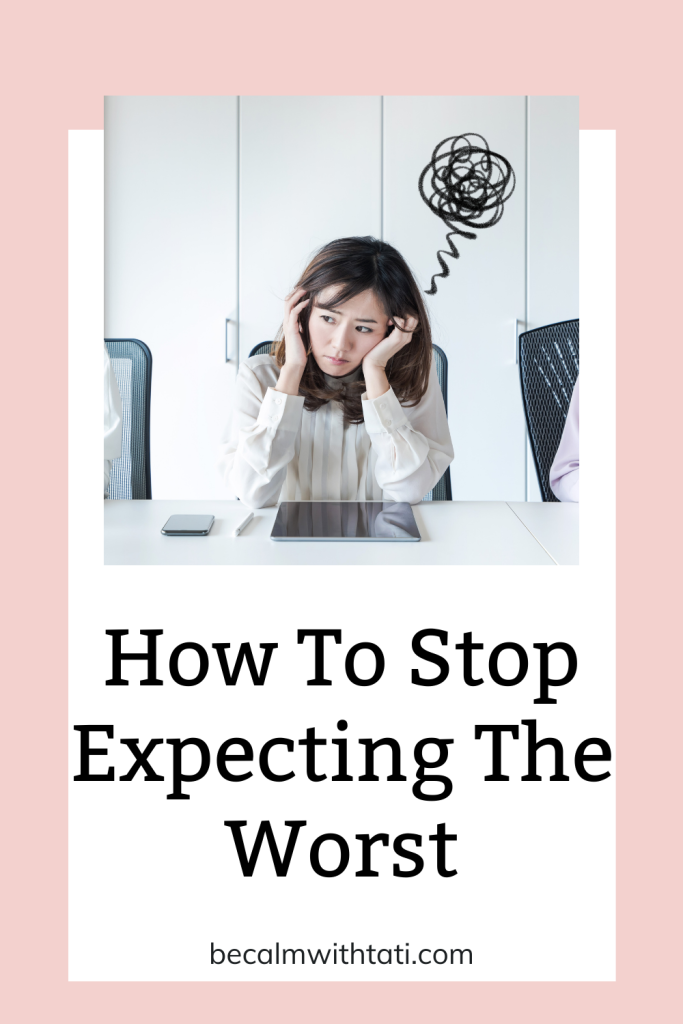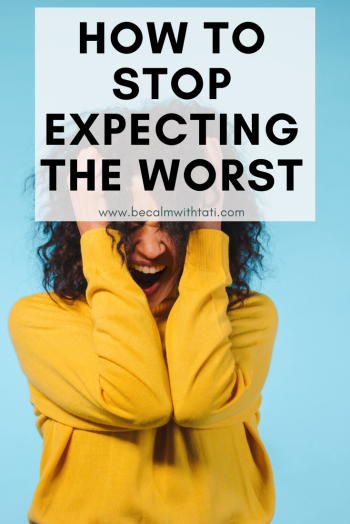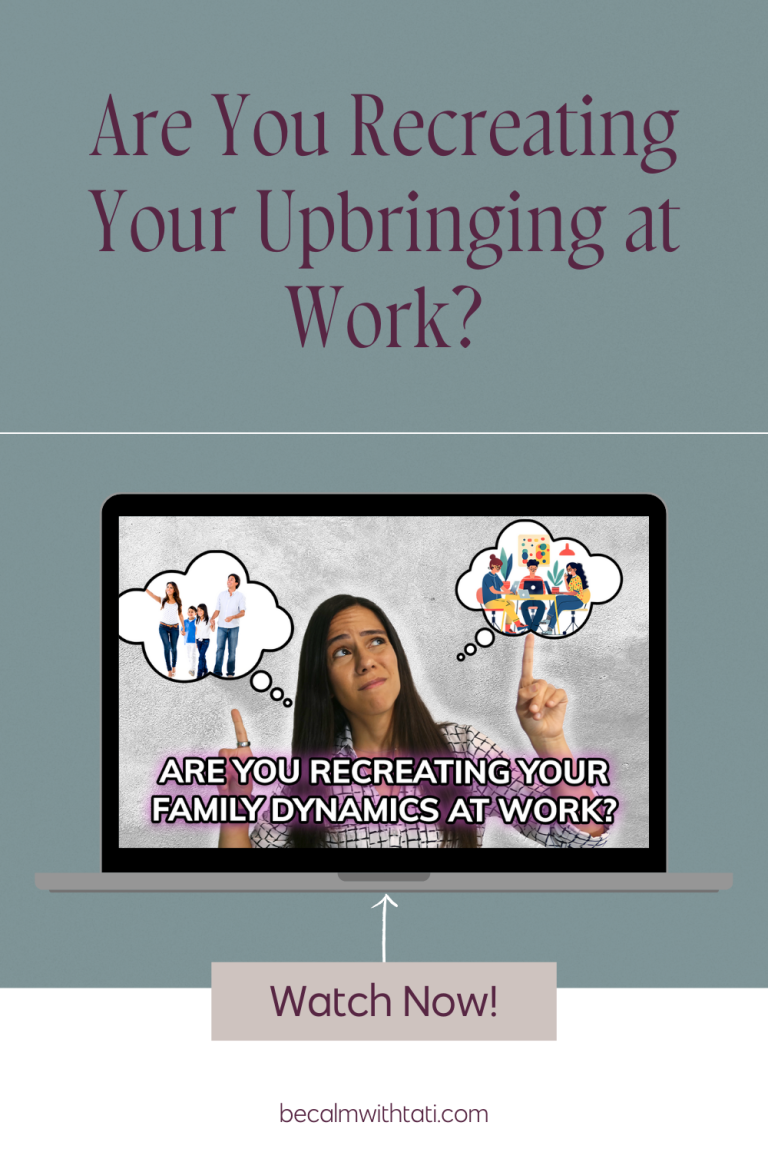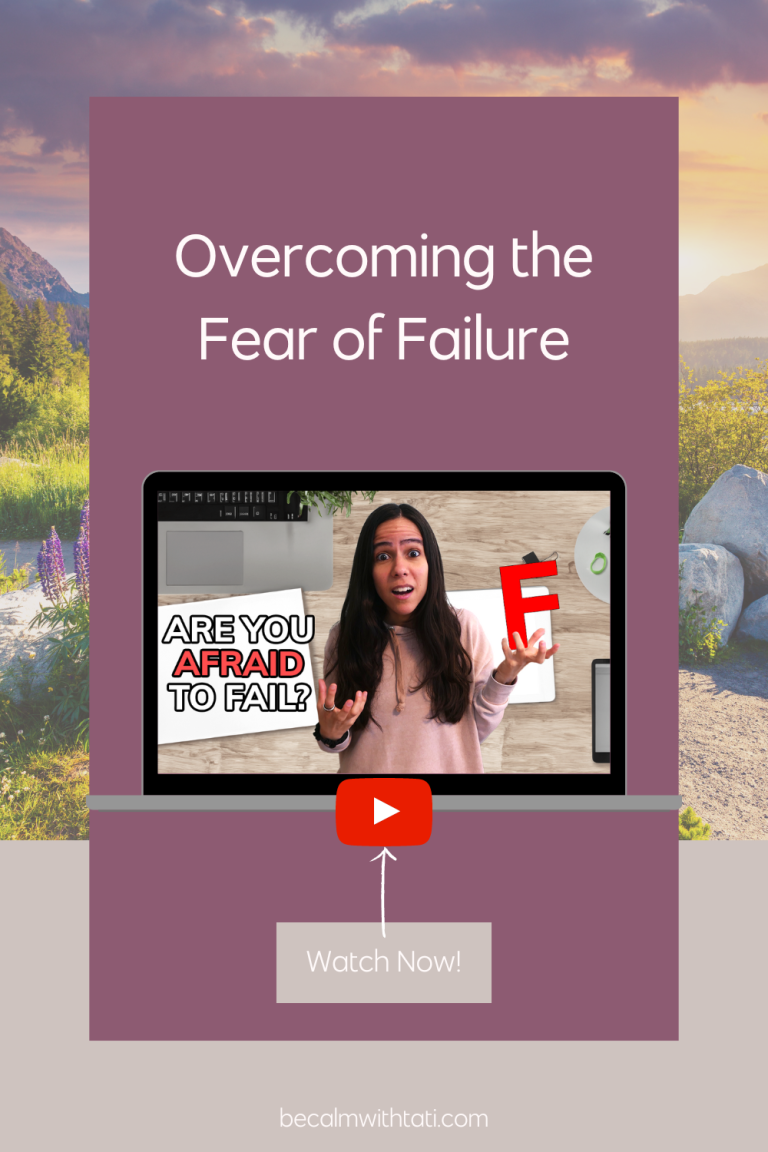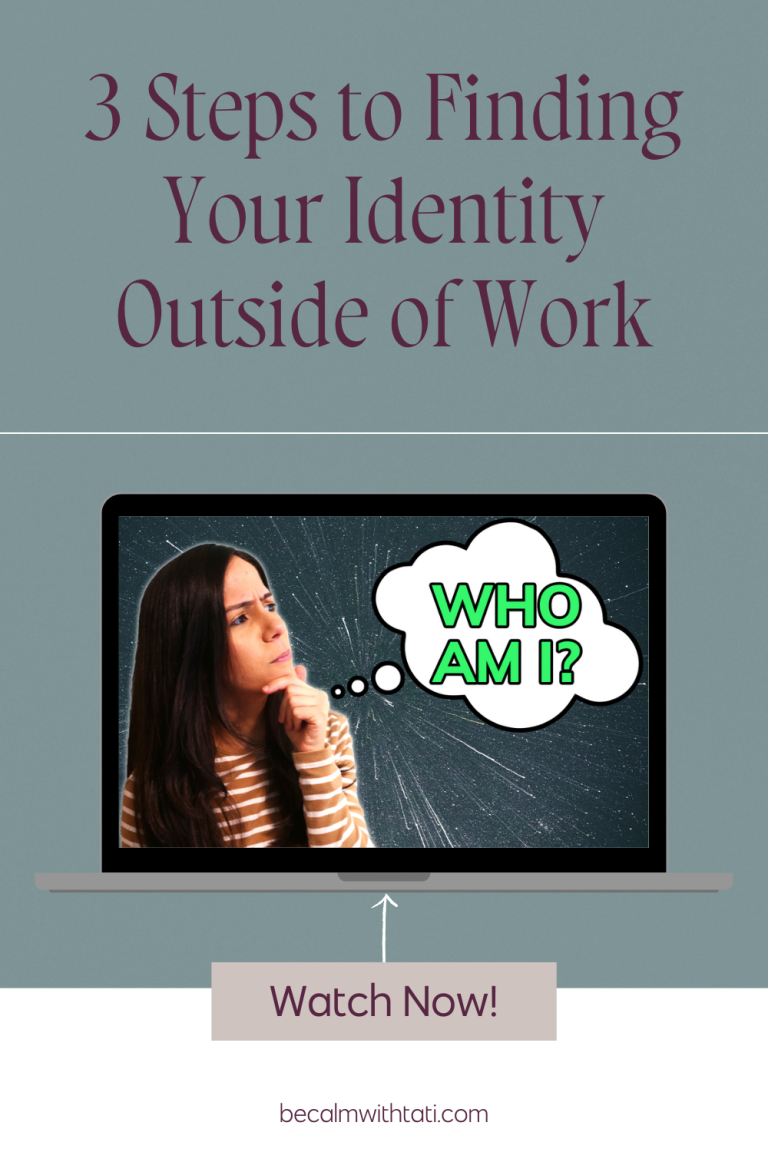Listen Now:
Fear sometimes takes a hold over logic in our brains. It’s because fear feels so real and so important that if we ignore it… something bad could happen. This is what happens when you are expecting the worst. You are trying to protect yourself, but often it just results in a magnification of your fear, stress, and anxiety.
I’m Being Followed…

When I’m driving I tend to look in my rear-view mirror a lot. I know it’s probably not the best thing to do regularly, but I’ve been rear-ended before and I think I’m always trying to be conscious if somebody is tailgating me (plus it really annoys me).
One night, I was driving home and a car was behind me and taking exactly every turn I was. After a few turns I started to get suspicious, “Is this person following me?” “Did they see me get into my car, or maybe they are a serial killer and I’m their next victim?” (Maybe I’ve watched one too many true crime shows…)
Regardless of how unlikely this is, my mind goes nuts in seconds trying to explain why this person would be following me. I’m convinced they are following me so I start to consider turning away from my house to fool them so they don’t know where I live. This seems like a good plan.
Then… they turn in a different direction and aren’t following me anymore. I breathe a sigh of relief and wonder how ridiculous it was that I actually thought they were following me.
This is what happens when you are expecting the worst. Your body goes into a state of panic (heart beating faster, breathing becomes shallow), you start to have worst-case scenario thoughts, and you consider changing your behavior as a result of these fears.
The problem is, you are affecting your mood, stress levels, and behaviors all over some imagined prediction of what could happen, but in the majority of cases is so unlikely!

How to Stop Expecting The Worst
1. Identify Your Fears
When are you often expecting the worst? Is it when you give a presentation at work, take an exam, are worried about your safety or the safety of a loved one, or in social interactions? Identify if there are certain situations where you tend to catastrophize the outcome and focus on why.
If there are specific scenarios, this could be a clue as to where your fears lie or what you believe about certain situations. (Or, it could just mean you have been watching too many true crime shows recently…)
The more you can have an awareness of what triggers you into a spiral of expecting the worst, the more you can work on stopping it. Take a moment to reflect about when you are usually expecting the worst and why.
If you have more generalized anxiety, you may be expecting the worst in most or all situations. That means that you are probably constantly anxious, stressed, or overwhelmed, and this state of heightened arousal affects your thinking and judgment so that you tend to overestimate negative consequences.
2. Challenge Your Expectations
The stories your mind creates can be extravagant and unrealistic. We are gifted with an imagination that helps inspire creativity and wonder. The downside of this imagination is that we may not always consider the facts and likelihood of certain outcomes.
Fear becomes so consuming that we stop looking at things accurately- and this is completely normal! Above all, our primary need and desire is survival, and in order to survive we tend to overestimate the likelihood that bad things will happen.
The problem is that the majority of the time these bad outcomes are so incredibly unlikely! In fact, one way to work on not always expecting the worst is to look up statistics and facts that tell you how unrealistic your expectations probably are.
For example, many people are afraid of flying. When I was on a plane recently, we had some turbulence and the woman in the seat next to me was visibly nervous and grabbing onto the chair in front of her in fear. So many people get nervous regarding flying because whatever happens is totally out of your control (we’ll get to the aspect of control later).
But, looking at some statistics may help you breathe a sigh of relief that maybe you don’t have to always be expecting the worst.
How does that make you feel?

3. Get Your Feelings Out
Emotions and thoughts can become toxic if you have no outlet. The simple act of talking things out with another person, writing down thoughts in your journal, or using artistic methods of processing your emotions can be so incredibly healing.
Don’t keep everything inside, even if you feel embarrassed. Practice talking things over with somebody you trust, getting your thoughts and feelings out on paper (or digitally), or using those creative muscles to paint out your fears.
4. Take Control!
Identify what you have control over, and let go of the rest. Sitting around and thinking about the worst-case scenario isn’t helping you. Focus on what you can do (if you can do anything) in a situation and practice letting go of what you have no control over.
Here are some examples of what you can practice letting go of:
- What other people do, think, or how they feel.
- Situations that you don’t directly have control over (e.g., flying in a plane, a health diagnosis).
Focusing on what you can do will increase your confidence, decrease stress, and help you move forward with intentionality.
Worrying Does Not Solve Problems
All in all, worrying does not and will not solve your problems. Sometimes it can be easy to fool yourself into thinking that if you worry about something, then you are preparing yourself for the worst just in case it does happen.
Wrong. You are only making yourself unnecessarily stressed, anxious, and tense, which actually negatively impacts your ability to think critically!
So take a break, take a breath, and ask yourself: is it helpful to expect the worst?
